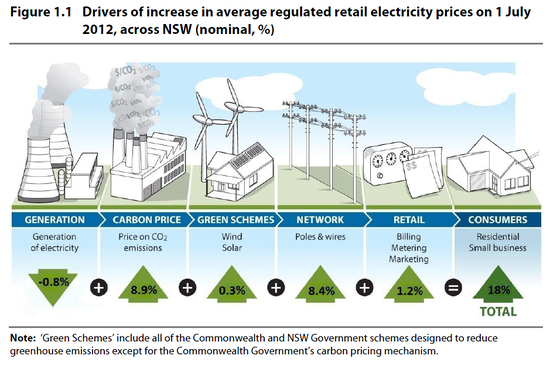Additionality in the VEET
 MCJ Posted on
MCJ Posted on  Friday, April 24, 2015 at 11:21
Friday, April 24, 2015 at 11:21 When I reviewed energy efficiency trading schemes a few years ago,* the VEET was the only scheme we considered to address additionality. The section of the VEET Act 2007 we referred to was Division 2 (Prescribed Activities), §15 (2):
An activity may be prescribed to be a prescribed activity if the activity will result in a reduction in greenhouse gas emissions that would not otherwise have occurred if the activity was not undertaken.
However! I think we (I) referred to the wrong section – I think Division 2 (Prescribed Activities), §19 (2) is the appropriate one:
Without limiting the generality of subsection (1), the discount factors are to take into account any uncertainty associated with the reduction of greenhouse gas emissions that would eventuate from a specified prescribed activity or specified class of prescribed activities but for the existence of the VEET scheme.
* Betz, R., Jones, M.C., MacGill, I.M., and Passey, R. (2013). Trading in energy efficiency in Australia: What are the lessons learnt so far? [PDF]


